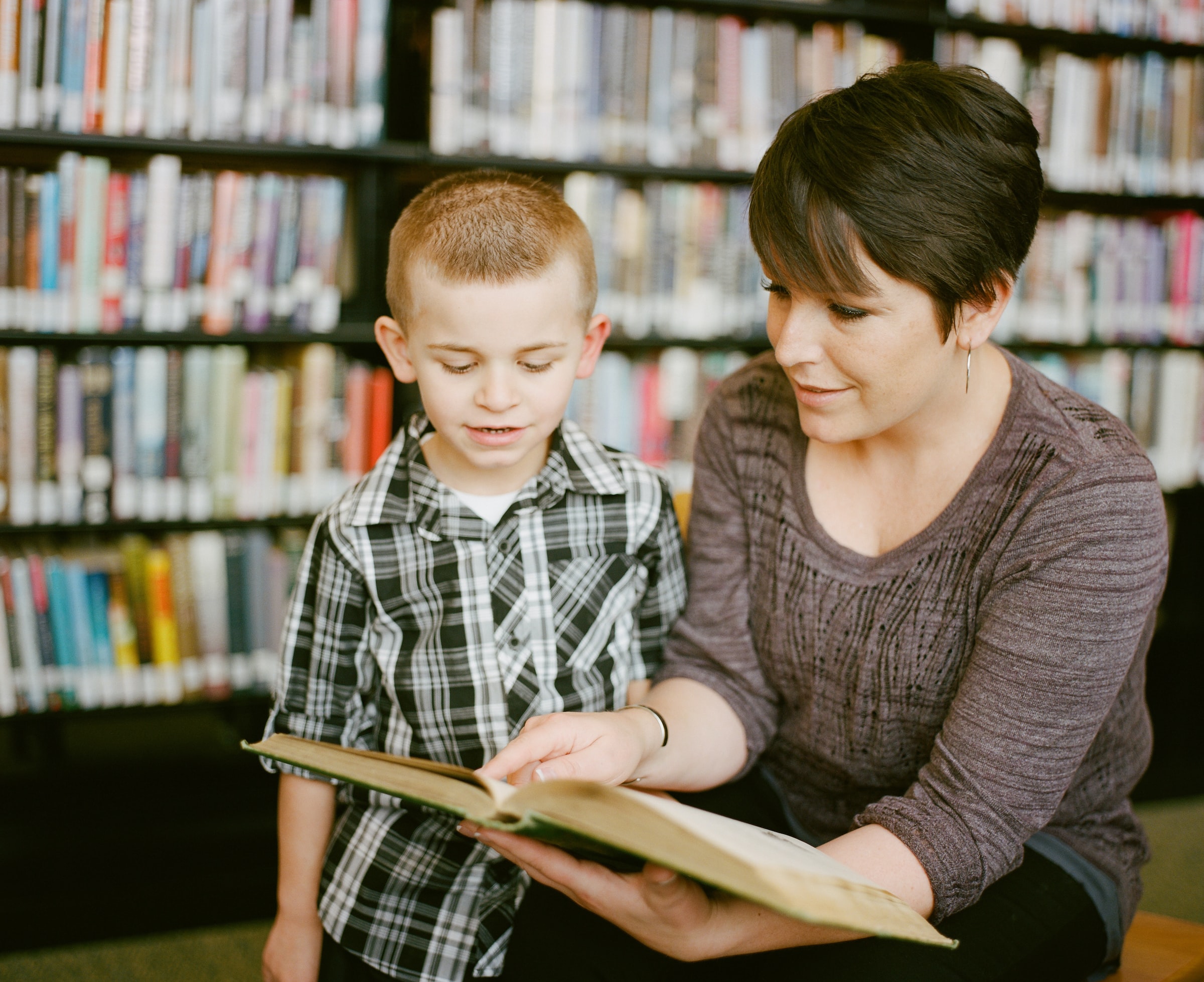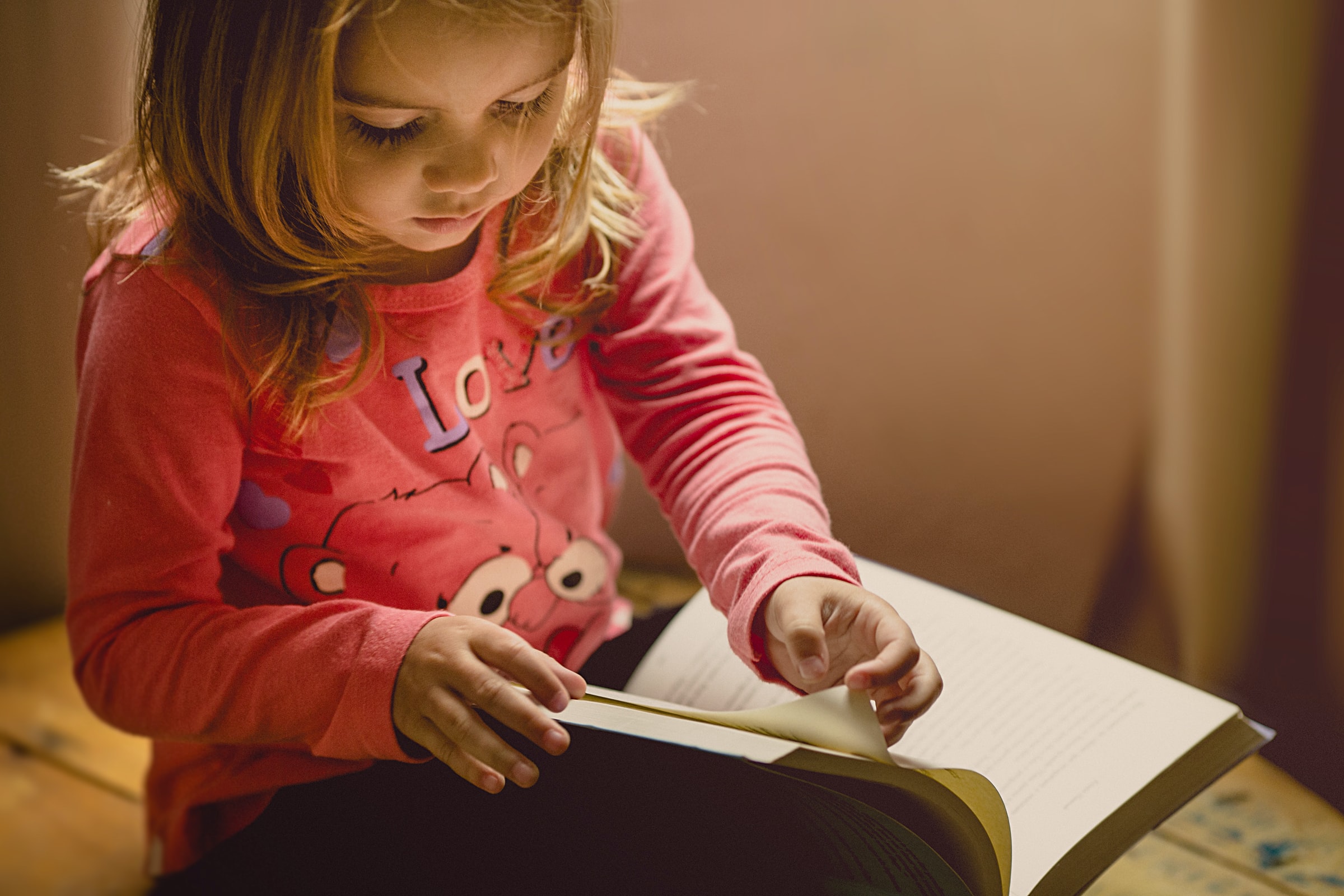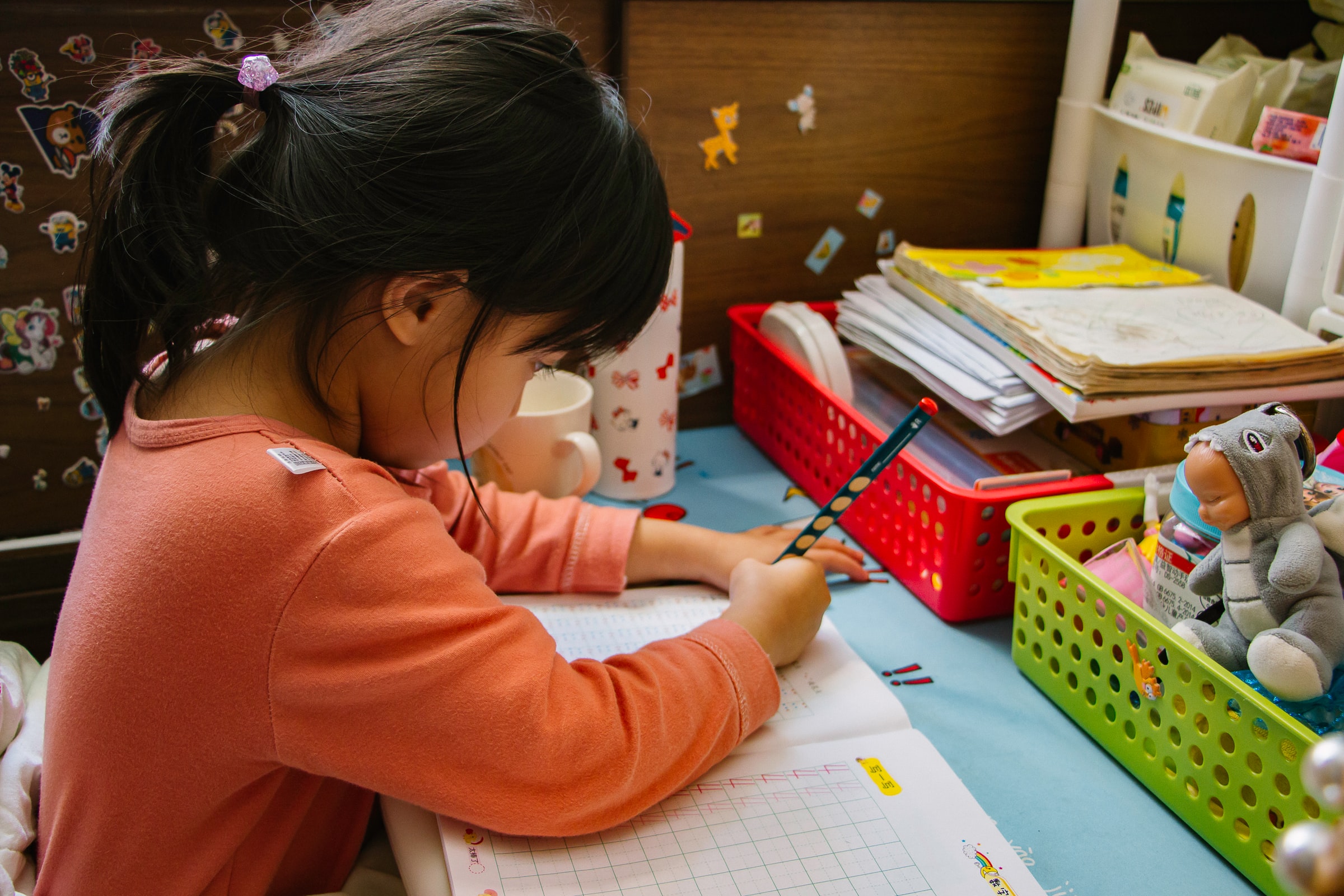Reading is an important skill that can be developed and improved with practice. Reading helps you develop your vocabulary, comprehension, and critical thinking skills. It also teaches you how to write, a skill that can be applied in many different fields of work. We know: that reading at home- or reading at all is probably one of the least favorite activities for children and adults. Reading skills are hard to learn, but they are necessary for many aspects of human development.
But why is reading books so difficult for children?
It probably has something to do with the fact that reading is often associated with “learning” something. In school, we have to read certain textbooks and memorize dates or facts that we will certainly forget later in life. In a way, reading has acquired a negative component over the years.
However, we know that among the many benefits of reading for children, we can see that it helps them acquire and strengthen their reading and writing skills, which is not negligible. But let’s dive deeper into this tricky business and discover other benefits of reading.
1. It helps them build vocabulary and make word associations

When children start reading, they also start to understand words and how to use them in certain contexts. For young readers, we recommend choosing books with lots of pictures. Why? Because a picture in a book can help your child with the association process that language is based on. If he knows what a word looks like, he can understand it better.
Reading books ensures your child will be exposed to vocabulary on different topics. He will learn words that he would not otherwise hear or read in his daily life. For children who speak more than one language, reading is an easy way to improve their language skills, and it is also important to develop their fluency.
2. Reading helps develop a child’s imagination
Children’s books are often filled with fantastic stories and wonderful characters. Reading or having your children read these amazing and adventurous stories will transport them to those imaginary lands where monsters are affected by human problems and emotions. Also, it is very likely that if your children like the story, they will try to make it real later. They will use the story to act out fictional situations. Perhaps they will draw the world of the story the way they think it is. All of this, together, will be key to their intellectual formation.
3. Reading aloud helps them express themselves better

This is a direct consequence of the first benefit we listed. As a child begins to learn new words, he or she has more space to express themselves properly. For young children, expressing their feelings or thoughts is a bit frustrating, but after learning a few more words and their meanings, it will be easier for them to tell adults and peers how they feel in different situations.
4. Reading promotes concentration and comprehension skills
Older children can improve their concentration skills if they build reading time into their schedule. By reading consistently, they will learn to focus and sit for long periods of time, which will be very helpful when they go to school. But more than that, reading consistently improves comprehension skills. Reading something and understanding is an essential skills in every person’s academic process. Without it, learning something can be extremely frustrating and demanding.
While this can happen to almost anyone, we can mitigate this by reading regularly. We can foster this particular skill by making reading at home a habit. It allows for curiosity about different topics, asking questions, trying to answer them, processing information, and understanding things better. A child who regularly reads both what he or she is taught to read at school and recreational texts will probably have fewer problems learning new things.
5. Reading can improve emotional skills

The vast majority of children’s stories are indeed full of incredible situations and magical beings. However, when you look closely at the plots and characters, they are all tied to human emotions. Not only do the stories help them understand emotions better, but they learn to put themselves in other people’s shoes and try to understand what is happening to them and why. Children learn best when you put things in context.
If you are reading to your child, try asking them from time to time what they think about certain situations, how they would react, and what they would do differently. You can read this article, in which we present some good tactics you can apply from now on to promote this great habit. If you’re looking for ways to help your kids get a taste for reading, we’re here to help.
Sound off in the comments section below and tell us what you want to read next and if you want to read more about reading to your kids.








Hello there! I simply want to offer you a huge thumbs up for the great information you have here on this post. I will be coming back to your web site for more soon.